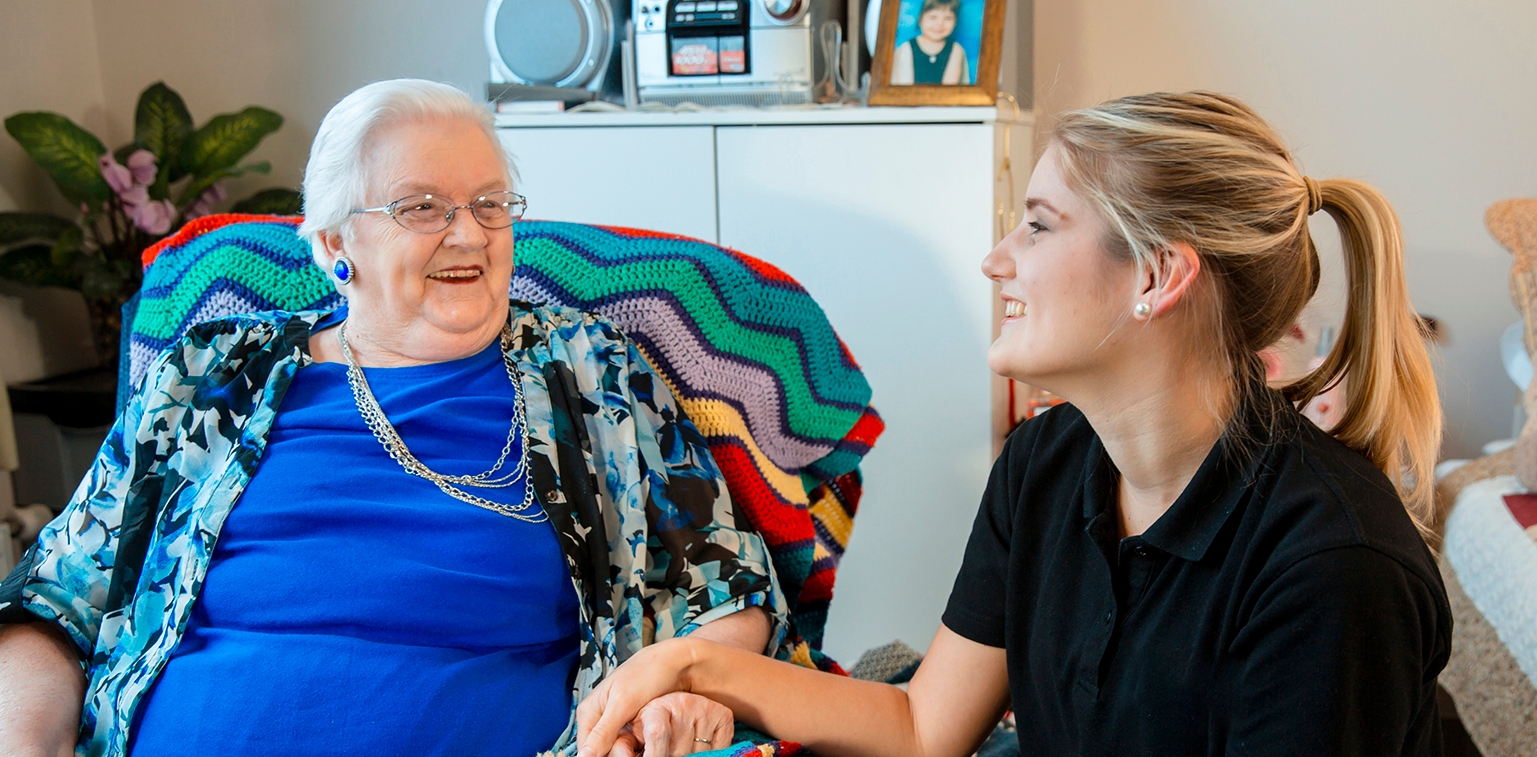Are you passionate about wanting to make a difference in the lives of today’s youth or even adults? Teaching is often considered one of the most rewarding career paths available because it allows caring, inspirational adults to get involved with children and make a positive impact on their lives.
If you’re considering this career track, then here are six tips for getting a career in teaching.
Research How To Become A Teacher In Your State
Each state in Australia has a different process for certifying and hiring teachers. In Queensland, for example, teachers must register with the Queensland College of Teachers before they are allowed to hold any teaching positions.
The best place to start researching is through your state’s website. All the information needed about becoming a teacher and how to register with the state is available online. This will help you plan out your career and understand what is needed of you in order to legally work in a classroom.
Start Working With Children
The strong bond you have with your own children, niece or nephew is not the same as loving all children. Before you begin working towards a career in teaching, you need to know whether or not you truly enjoy being around children of a certain age for a long period of time.
While many people say they like children, it’s important you test yourself to ensure that you do like being around them and gain hands-on training in education. In your community, sign up for volunteer events that work directly with children. You might volunteer to work at your church’s after school care program or offer to babysit some of the children in your neighbourhood.
The more you work with children, the better you’ll be able to understand your feelings about them. Though being a teacher might sound great in theory, it won’t seem so glamorous when you dread going to work every day. Children deserve an educator who is passionate about them, so make sure you’re confident in your decision to become a teacher before you begin.
After you start working with children, you’ll be able to...
Decide Which Age Group You Enjoy Working With
Once you have an idea about which age groups you might enjoy, dislike or tolerate, then you can start focusing your efforts on how to start working with children of those age groups. Whether you want to become a full-time teacher, daycare worker or after school care worker, it’s important to know which group is best suited for you.
Additionally, some age groups do not need a full certification from a teacher’s college. For example, working in a daycare or preschool does not often require a full degree. In most cases, daycares want people with certifications in early childhood education and development. However, working with children of different age groups all come with various challenges and struggles.
Some teachers don’t work with children at all; some work with adults. Teaching English to adults can be just as rewarding as working with children. You’re still helping to impact someone’s life in a positive manner, and you don’t have to worry about rowdy children or angsty teenagers.



